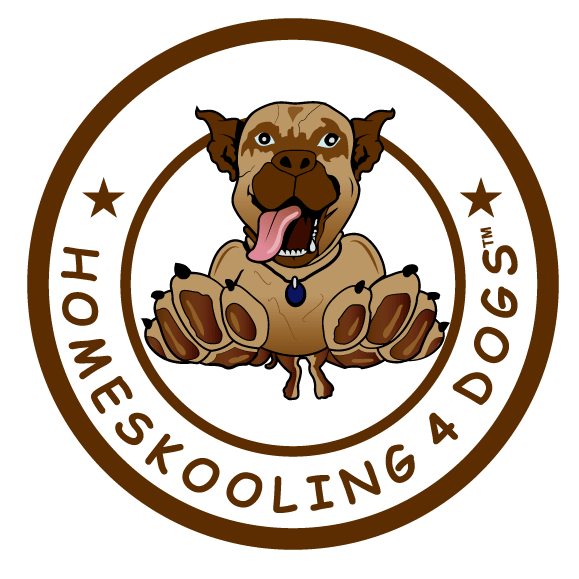How to choose a dog trainer
We all want training that is effective. The challenge is there are numerous methods used to train dogs. Generally speaking there is “tool” based training, “food” based training, and “relationship” based training. Realistically all methods incorporate all three but there can be drastic differences in the approach, application, and effectiveness. The three training methods will use fear, food, or fun. Any of these training methods can achieve results with the right dog and right trainer. But achieving results with harsh methods is unnecessary. Often “tool” and “fear” based trainers use a choke chain, check chain, prong collar, e-collar, or other “correction tools” on dogs. Since none of these “tools” are necessary I advise against using any of them on any dog. THEY ARE NOT NEEDED!
I would like to see how their own dog behaved in public. Is their dog trained to a standard that the average dog owner would like? If their dog is wearing anything other than a flat or martingale collar I would consider the dog is being managed and is not trained. Management tools; head halter, no-pull harness, prong collar, choke chain, shock collar, etc… Does their dog look happy? Or does the dog look as though it is trying to avoid punishment? One easy test is to remove any “tools” or equipment and see if the dog visibly brightens. Certificates and diplomas don’t mean a whole lot but they can be a step in the right direction. If a trainer uses a remote/e-collar to train dogs I would never give them a dog to train.
Leadership starts by being in control, not fighting for control. This does not mean you need to become a dictator. Dictators are feared, not respected. Trainers often promote themselves as; balanced, positive reinforcement, humane, force-free, alpha, clicker, science based, relationship based, etc… If you are looking for a trainer that uses more “humane” training methods, ignore all the descriptive terms when choosing. Don’t rely on labels and marketing when looking for a trainer. The best way to evaluate a trainer and their methods is to go watch a training class, and when the people start to actively work with their dogs close your eyes and listen. If it does not sound like the people are having fun, it is almost a guarantee the dogs are not having fun. If the training looks like a class on inflicting punishment, or looks like most participants have a feeding disorder keep looking for a good class. If there is not a class available to watch look for posted videos and pictures. What is the dog wearing? A prong collar, choke chain, e-collar, head halter, restrictive harness, or other collar attachment, or restraining tool?
What’s important to you? Status or Affiliation?
Status can get you calm & submission.
Affiliation can get you control & cooperation (I prefer affiliation)
What is important to you, status or affiliation? Generally speaking those approaching leadership with a “status” mentality often come with the mindset of not "wanting the dog to get away with that" so the relationship and focus is based on power and submission. I place this approach in the alpha or boss category. Bosses (Alpha’s) are people we would rather not be around, and dogs like humans don’t want someone bossing them around. Often the end result of the “Alpha” approach is a dog motivated out of fear, so the dog’s primary motive is to avoid punishment by submitting. If we take the, I’m bigger than you and I’m taking charge route, we potently leave everyone else vulnerable (people and dogs) who are not as large or as capable thereby contributing to the very problem we were trying to prevent or solve.
Affiliation on the other hand is not about winning, but rather about being part of a group, on the same team and not treated like an adversary. But we do want to be the team captain.
You are not your dog’s peer, but you should be their best friend. After all you choose them. Even though they are not human, they are still family, so treat your dog like a family member, not a competitor. How do you know when you are becoming the leader you should be? Your dog will be responsible to you, not for you, or indifferent to you, and the vast majority of the time your dog will be cooperating with you, not just submitting.

